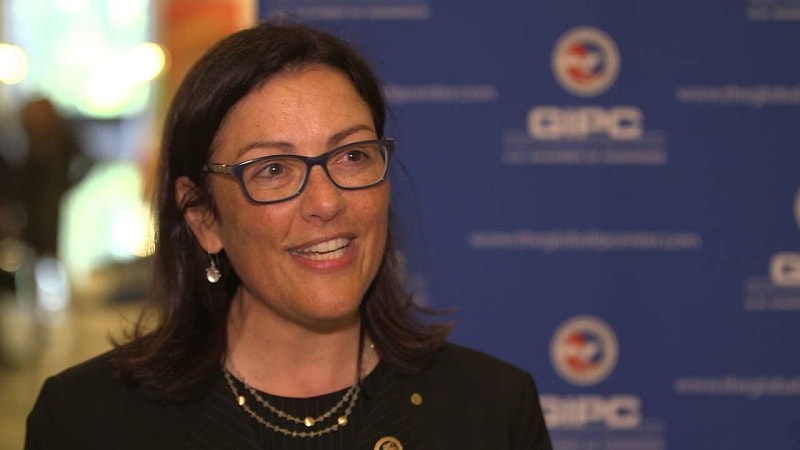
Rep. Suzan DelBene, D-Wash., introduced the Internet of Things (IoT) Readiness Act on Thursday, with the aim to prepare the nation for the continued growth of smart devices and technology that connects to 5G networks.
The Feb. 23 legislation – The IoT Readiness Act – directs the Federal Communications Commission (FCC) to collect and provide Congress with the data needed to be prepared for the continued growth of this technology and its connectivity needs.
“IoT and smart devices are growing in popularity in our homes and businesses to improve safety, efficiency, and convenience but that would grind to a halt if we do not have enough 5G spectrum available to handle the demands of this growing technology,” said Rep. DelBene, who is the founder and chair of the congressional IoT Caucus that counts more than a dozen House lawmakers as members.
“This legislation would require the FCC to assess current spectrum supply and determine how much is necessary to meet the demands of IoT growth in the future,” she continued. “The United States can’t afford to wait around while other countries are implementing IoT readiness plans. The time for action is now.”
IoT devices – ranging from fitness watches to traffic cameras – require significant 5G spectrum capacity to share data such as time, location, and temperature. If the 5G available capacity cannot accommodate all the devices in the same vicinity, the signals will interfere with each other and cause them to fail, DelBene’s office said.
In 2015, a family of four had an average of 10 IoT devices connected to the internet, including televisions, thermostats, and security cameras. According to DelBene, the number of active IoT devices in the U.S. is expected to grow from 9.9 billion in 2019 to 21.5 billion by 2025.
The congresswoman expressed concern that 5G spectrum is a “finite resource,” and that other countries with similar IoT growth to the U.S. are implementing proactive spectrum plans that focus on how to manage increased device usage.
According to her office, South Korea set out to double its available spectrum by 2026 to support future innovations such as smart homes, smart factories, smart cities, and unmanned vehicles. France and the Netherlands are requiring there be enough spectrum available for the anticipated increase in smart city IoT device applications that operate solely on unlicensed spectrum.
“Without adequate data,” DelBene said, “we risk not having access to enough spectrum to support the growth of IoT devices.”
Rep. DelBene introduced bipartisan IoT legislation alongside Rep. John Katko, R-N.Y., last Congress, but it did not make it out of committee.
